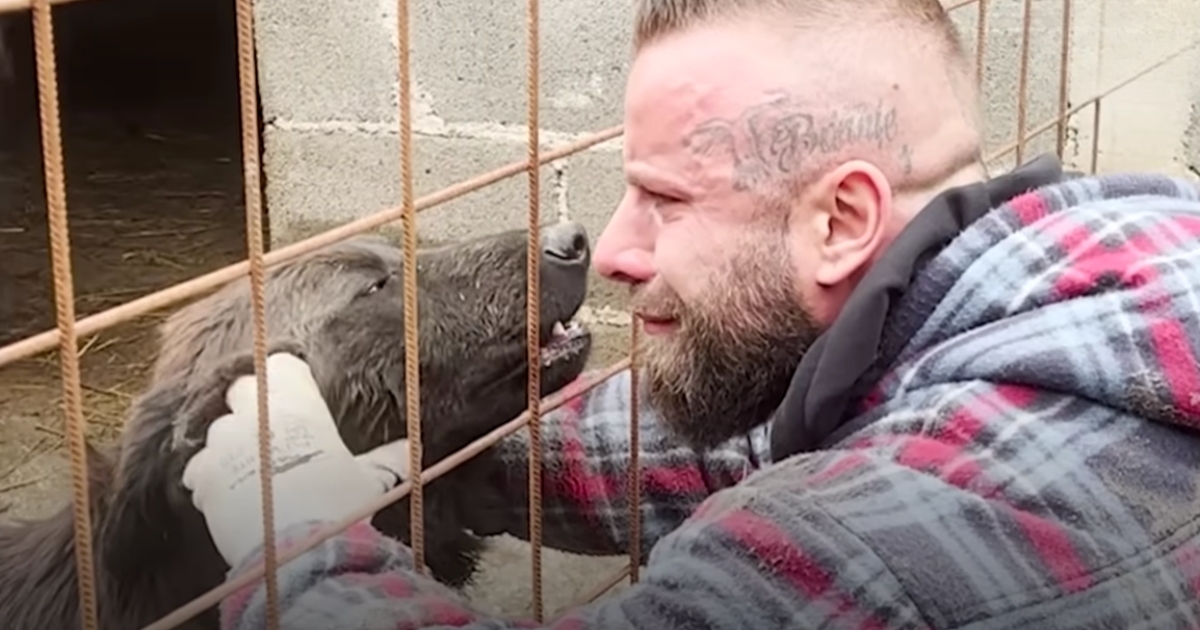
Nov 17, 2023
While age is just a number, senior dogs are often overlooked for adoption due to misconceptions about what having an older dog means. November is Senior Pet Month and we’re working to shine the golden spot light on these amazing animals by breaking down some common senior pet misconceptions! Seniors like Abby want you to know that entering their golden years means these pups at heart deserve more than ever to spend their days in a loving home. In return, they promise to shower their human companions with affection and live each day to its fullest potential.
Misconception #1: Old Dogs Are No Longer Energetic
One of the most prevalent misconceptions about older dogs is that they become lethargic and lose their energy as they age. While it’s true that older dogs may not have the same boundless energy as puppies, they can still be quite active and enjoy physical activities. In fact, regular exercise is essential for maintaining their physical and mental health. Adjusting the type and intensity of exercise to match their age and health status is crucial. Consult with your veterinarian to develop a suitable exercise routine for your senior dog.
Misconception #2: You Can’t Teach Old Dogs New Tricks
The old adage “you can’t teach an old dog new tricks” couldn’t be further from the truth. Older dogs are just as capable of learning new things as their younger counterparts. While it may take a bit more time and patience, training an older dog can be a rewarding experience. In fact, older dogs often come with the advantage of being calmer and having better attention spans, making them more receptive to training.
Misconception #3: Older Dogs Are Not Suitable for Adoption
Many people believe that older dogs are not ideal candidates for adoption and that puppies or younger dogs are better options. However, older dogs can make fantastic pets. They often come already house-trained and have established personalities, making it easier to find a dog whose temperament matches your lifestyle. Adopting an older dog can also be incredibly rewarding, as you provide a loving home for a dog in its golden years.
Misconception #4: Older Dogs Don’t Need Social Interaction
Older dogs, just like their younger counterparts, benefit from social interaction and mental stimulation. Isolation can lead to anxiety and depression in older dogs, so it’s important to provide opportunities for socialization and playtime. Consider arranging playdates with other dogs, taking leisurely walks in the park, or engaging in interactive games to keep your senior dog’s mind and body active.
Older dogs are often misunderstood and over-looked at shelters due to misconceptions about their behavior and needs. It’s important to recognize that older dogs can lead happy, fulfilling lives with the right care and attention. By dispelling these misconceptions, we hope more potential adopters will consider making a senior dog part of their family. APA! has successfully placed many wonderful seniors in foster or adoptive homes where they continue to thrive and bring joy to their new family.






